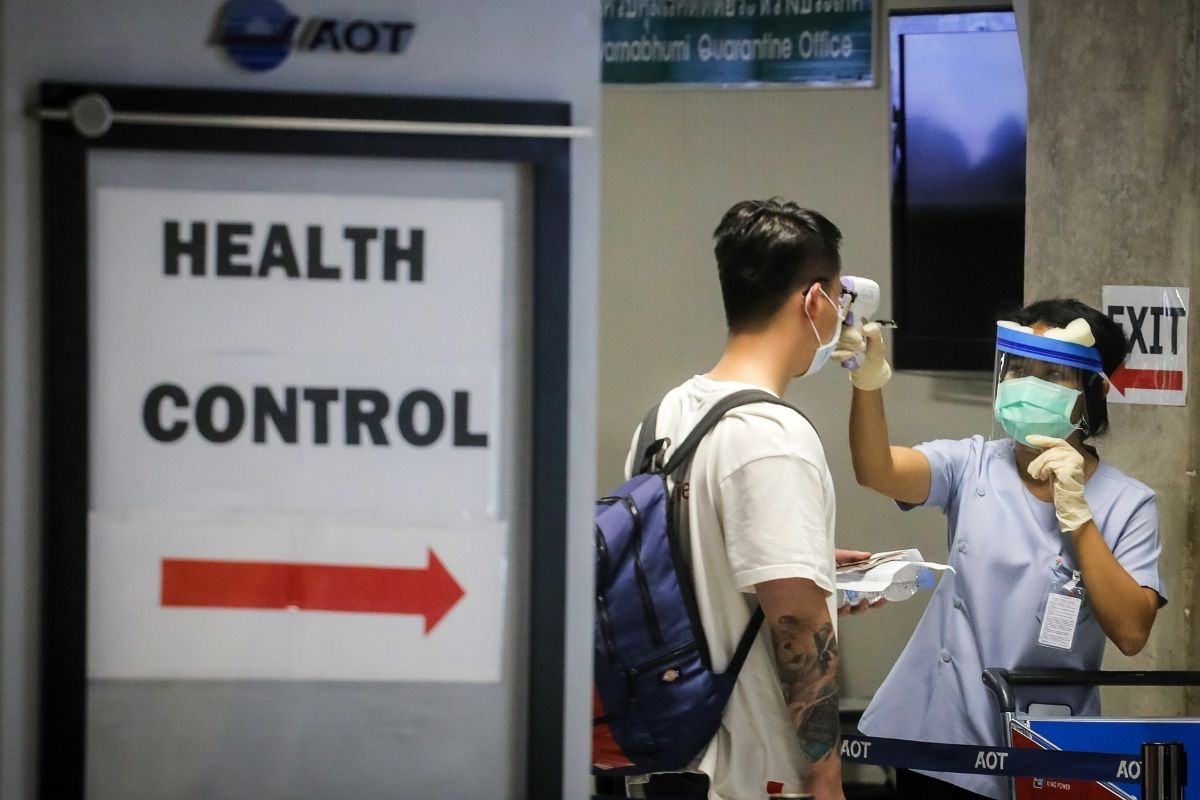According to Department of Disease Control (DDC) chief Opas Karnkawinpong, the international disease control and quarantine office at Bangkok’s Suvarnabhumi airport has begun screening foreign visitors for monkeypox using the Thailand Pass system.
The screening would detect high-risk individuals and assist prevent the spread of monkeypox into Thailand.
It is worth mentioning here that the Monkeypox virus has already spread to numerous nations and can be transmitted through close human contact.
Travellers from high-risk nations, such as Nigeria and Congo in Central Africa, as well as those European countries where monkeypox illnesses have been detected, will be monitored.
Monkeypox Symptoms
Travellers may not have signs of the sickness before leaving, but symptoms may appear by the time they are in Thailand. Monkeypox symptoms include;
- A temperature of 38 degrees Celsius or higher
- Sore throat
- Headache
- Muscle soreness
- Backache
- Body rash
- Blisters, and
- Scabs
Passengers from or travelling from countries where monkeypox has been detected in the last 21 days will be given special attention.
Monkeypox Screening At Suvarnabhumi
When arriving at Suvarnabhumi airport, passengers must scan a QR code to obtain a “health beware card” to fill out. Those who show symptoms of monkeypox are placed in a monitoring system and then taken to the nearest hospital to see a doctor.
Preventive Measures
The Department of Disease Control (DDC) of Thailand has recommended the following precautions against monkeypox.
- Those who return from countries where monkeypox outbreaks have been reported should be monitored for related symptoms for 21 days.
- Wild animals should not be raised or brought from outside the country without proper screening.
- Avoid direct contact with blood, bodily fluids or blisters of animals infected with the virus.
- Avoid consuming uncooked meat.
- Wash your hands frequently with soap or alcohol gel after contacting animals or people infected with the virus.
Follow and connect with us on Facebook, Twitter, LinkedIn, Instagram and Google News for the latest travel news and updates!





